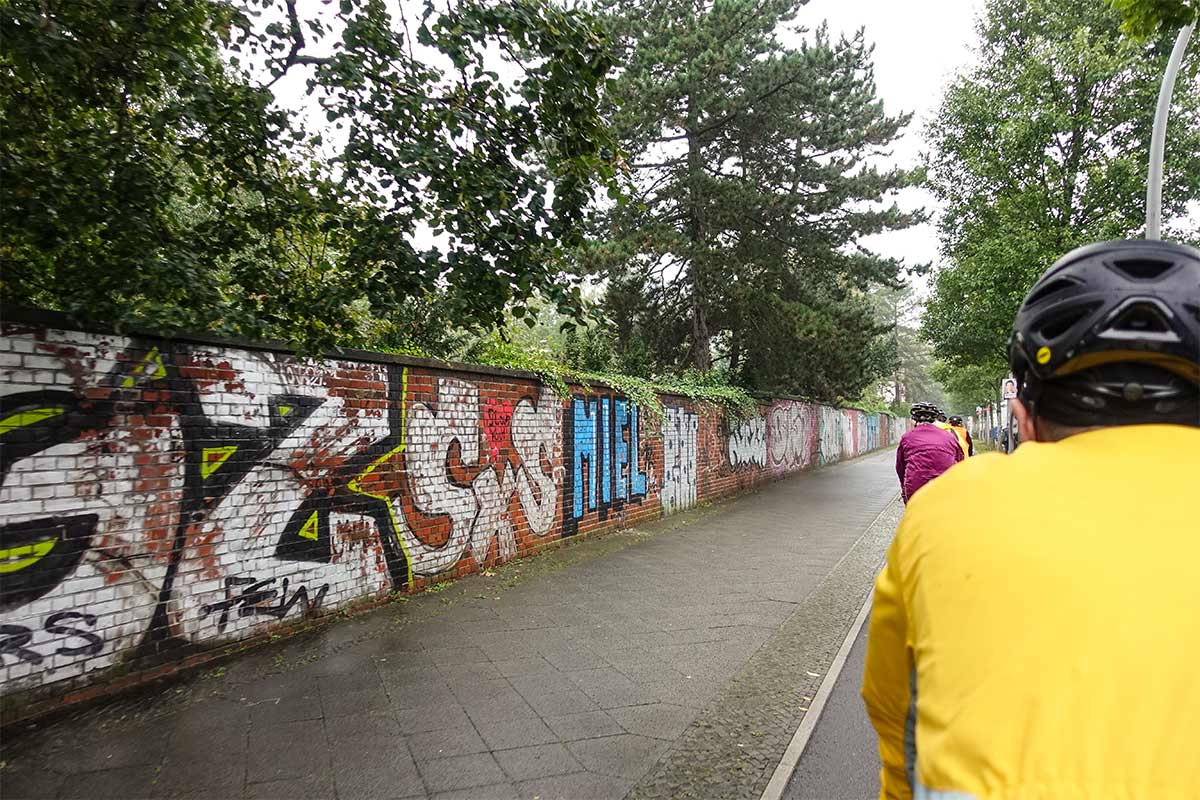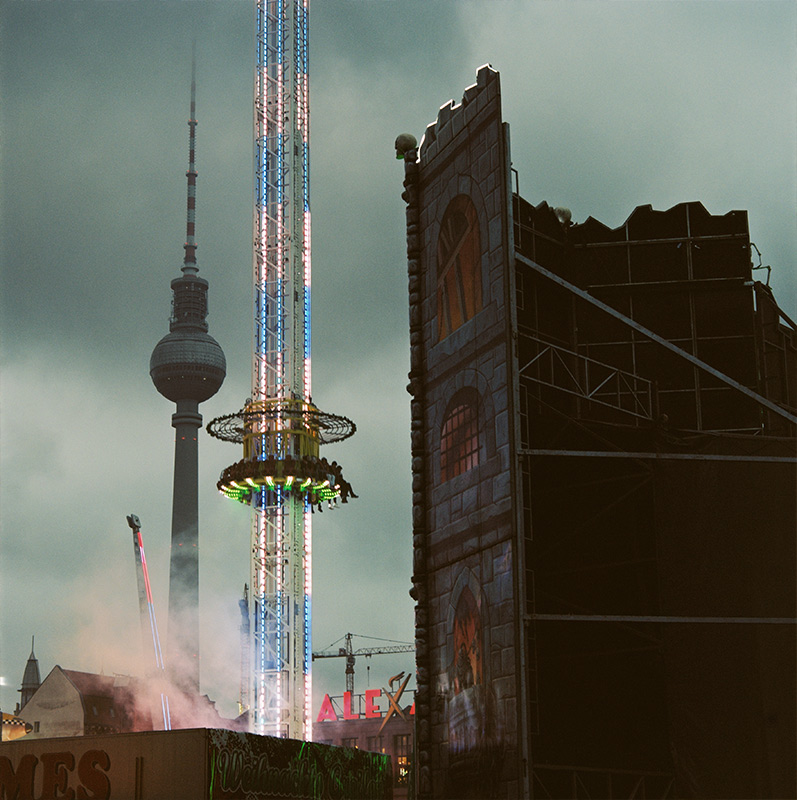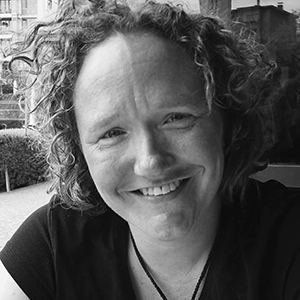
Photo by RDTviews © 2018
Berlin: Dreaming the Future in the Shadow of the Past
By Dr. Lauren van Vuuren
Berlin in 2017 is a city bristling with new technology start-ups. Young people from all corners of the world take advantage of cheap rent and an abundance of shared workspaces, often working strange hours in keeping with the wild nightlife of the city. When they’re not working, they race around on fixed gear bikes through the wide streets of Prenzlauer Berg, Friedrichshain, and Mitte. In this irreverent, youthful, and intense environment, the potential of technology to make the world a better place seems unlimited. It is telling that one of the journalists who broke the Edward Snowden story, Laura Poitras, chose Berlin as her base. It is a deeply progressive city, where people treat freedom of the press, freedom of expression, and freedom of movement as inviolate human rights. The drum of the right-wing party Alternative For Deutschland (AFD), beloved in some small towns across the old east Germany, beats very, very faintly in the great metropolis on the Spree. It is precisely the freedom and internationalism of the city that attracts people from around the world. The tech start-up industry has massively boosted Berlin’s always flagging economy. In a mere 10 years, the city has gone from being a minor player on the tech scene to the home of around 2,500 start-ups.

Photo by RDTviews © 2018
And yet as a writer based in Berlin, I often find myself musing about the meaning of technological advancement in a city with such an excoriating twentieth-century history. In the years before World War I, and especially through the turbulent but wildly exuberant Weimar years of the 1920s, Berlin was the technological center of Europe. Advances in transportation and industry, improvements in living conditions, and the embracing of a progressive, permissive cultural life contrasted with the fragmentation and societal upheaval of the larger postwar world. Glittering department stores and roads heaving with new cars, new tram lines, sophisticated rail networks, and the large-scale introduction of electricity led to Berlin being called “the Chicago of Europe.” Yet the glitter of Weimar was built on very shaky ground. The Great Depression tore that ground from under it and snuffed out its bright lights. When they were turned on again, it was by a very different hand.
We know whose hand that was, and the terrible history that followed. We know the Nazis used the technological and industrial powerhouse of Berlin as the headquarters of their genocidal super state, to devastating effect. And we know that World War II destroyed the Nazis – and the city. The defeat and division of Germany was embodied by its capital city, which was stripped entirely of its industrial power and strangled by the Berlin Wall, built to prevent the free movement of East Germans into West Berlin. It had come to this: The technology that was used to build the powerhouse of Weimar Berlin was the same technology that allowed the policing of the Iron Curtain, that enervating and destructive frontline of the Cold War between communism and capitalism.
As I observe the rapid development of ‘techie Berlin,’ I find myself wondering what a Berlin Wall would have looked like if it had survived into the present and was controlled with our current technology. I imagine a Berlin Wall guarded by drones. I imagine a Berlin Wall equipped with smart technology, processing endless streams of data to read the movements of citizens on both sides. I even imagine a future Berlin Wall, perhaps in 2030, where smart walls and holograms have replaced the mucky concrete and barbed wire of the 1980s, and AI robots have replaced young men with guns as enforcers. Virtual reality programming replaces prison time, and the omniscient power of the internet giants, transplanted onto a totalitarian state, means that people might feel free and experience pleasure even as they have all their choices made for them, one click at a time.

Photo by DayTraders Project © andy rumball. 2018
I emerge from this rumination into a bright Berlin day and I am immediately calmed. The Berlin Wall has fallen. The streets are pulsing with movement and sound. I see an installation by a Syrian artist in front of the Brandenburg Gate. I see posters offering free German lessons to refugees. I see cafes and clubs brimming with the young. Berlin is always clamoring for the future, and away from its dark past. Who knows what great technological innovations may emerge from this city in the twenty-first century? Perhaps here in the viscous present, the inspired thinking of Berlin’s techies will build a freer future. Yet, as the poet Yeats wrote in 1914, “in dreams begin responsibility.” In Berlin, the past is the constant reminder of those responsibilities.

Dr. Lauren van Vuuren is a South African historian and writer based in Berlin. She has taught and researched across a range of subjects from the history of warfare and violence to representations of the South African and German past in film. Her current research and teaching focus is Berlin. A prize winning short story writer, she has found in this city a place where past and present constantly struggle against each other to create unique, powerful, and often excoriating stories for our time. She is currently collaborating with photographer Andy Rumball on a book about Berlin.
Dr. Lauren van Vuuren
vanvuurenster@gmail.com
www.daytradersberlin.de